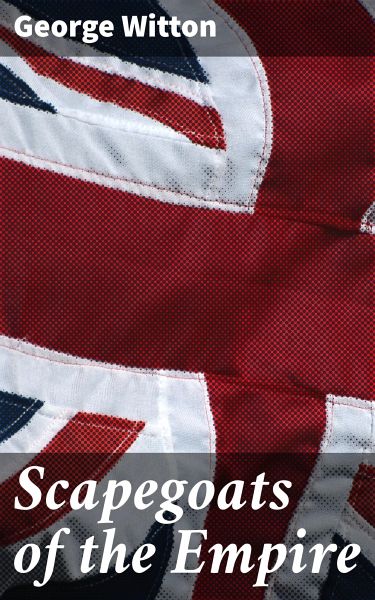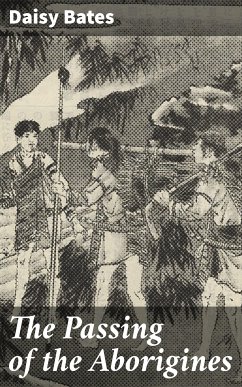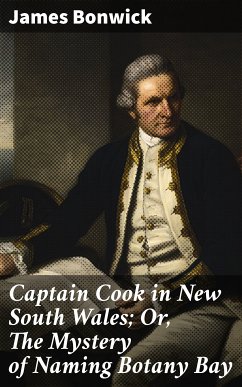
Scapegoats of the Empire (eBook, ePUB)
Enriched edition. Uncovering the Truths of Colonial Warfare: A Soldier's Memoir of Injustice and Courage
Kommentar: Montague, Wesley / Redaktion: Good Press
Versandkostenfrei!
Sofort per Download lieferbar
1,99 €
inkl. MwSt.
Weitere Ausgaben:

PAYBACK Punkte
0 °P sammeln!
In "Scapegoats of the Empire," George Witton delivers a penetrating exploration of the moral and ethical dilemmas faced by British soldiers during the Second Anglo-Boer War. Set against the backdrop of colonial expansion and the subsequent tensions it engendered, Witton employs a harrowing prose style that seamlessly merges personal narrative with broader social critique. Through meticulous recollections and vivid imagery, he interrogates the often overlooked human cost of imperial ambitions, particularly examining the scapegoating of individuals and groups in times of war, thereby challenging...
In "Scapegoats of the Empire," George Witton delivers a penetrating exploration of the moral and ethical dilemmas faced by British soldiers during the Second Anglo-Boer War. Set against the backdrop of colonial expansion and the subsequent tensions it engendered, Witton employs a harrowing prose style that seamlessly merges personal narrative with broader social critique. Through meticulous recollections and vivid imagery, he interrogates the often overlooked human cost of imperial ambitions, particularly examining the scapegoating of individuals and groups in times of war, thereby challenging the reader to reflect on the consequences of blind allegiance to nationalistic ideals. George Witton, an Australian soldier and journalist, draws from firsthand experience in the Boer War, providing a unique perspective shaped by his personal encounters with the complexities of imperial conflict. His journey from soldier to author is marked by a commitment to truth and justice, notably influenced by his trial for the execution of Boer prisoners, an event that ignited his conscience and drove him to expose the grim realities of war. Witton's articulate prose serves not only as a recounting of events but also as a profound commentary on moral accountability in the face of imperial power. "Scapegoats of the Empire" is essential reading for anyone interested in the intersections of war, morality, and empire. Witton's powerful narrative invites readers to engage critically with the legacies of colonialism, making it a vital text for historians, scholars, and general readers alike. This book serves as a poignant reminder that the consequences of war extend far beyond the battlefield, resonating in the ethical choices made by individuals caught in the machinery of empire. In this enriched edition, we have carefully created added value for your reading experience: - Hand-picked Memorable Quotes shine a spotlight on moments of literary brilliance. - Interactive footnotes clarify unusual references, historical allusions, and archaic phrases for an effortless, more informed read.
Dieser Download kann aus rechtlichen Gründen nur mit Rechnungsadresse in A, B, BG, CY, CZ, D, DK, EW, FIN, F, GR, H, IRL, I, LT, L, LR, M, NL, PL, P, R, S, SLO, SK ausgeliefert werden.













